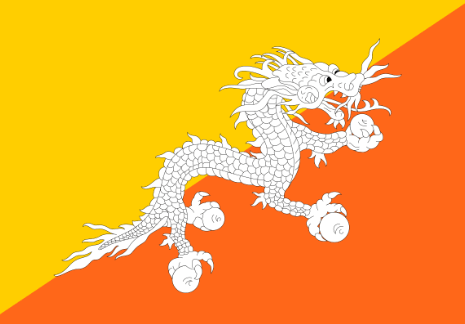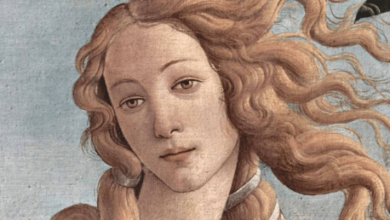Dragon:Icrhgpj5asq= Bhutan

The dragon holds a profound significance in Bhutanese culture, serving as a national emblem that encapsulates the values of strength and protection inherent to the nation’s identity. This mythological creature not only adorns the flag but also permeates various aspects of Bhutanese life, from festivals to art. As we explore its historical roots and cultural implications, it becomes evident that the dragon’s representation is evolving. This evolution raises intriguing questions about the intersection of tradition and modernity in Bhutanese society, prompting a deeper examination of how these elements interact and shape national identity today.
Historical Significance of Dragons
Dragons hold a profound historical significance in Bhutanese culture, symbolizing strength, protection, and the intertwining of the spiritual and natural worlds.
They also serve as the national emblem that reflects the country’s rich heritage and identity.
Rooted in mythical origins, dragon mythology in Bhutan is a testament to the enduring spirit of the nation, embodying values that resonate deeply with its people.
See also: Dragon:Augas4c7zba= Scales
Cultural Symbols in Bhutan
The rich tapestry of Bhutanese culture is adorned with a variety of symbols that reflect the nation’s values, beliefs, and traditions, with the dragon serving as a prominent emblem that encapsulates the spirit of the Bhutanese people.
Dragon motifs flourish during cultural festivals, symbolizing strength and purity, while vibrant celebrations bring communities together, showcasing the deep-rooted heritage and the collective identity of this enchanting nation.
Modern Interpretations and Applications
How has the symbolism of the dragon evolved in contemporary Bhutanese society, where it now embodies not only cultural heritage but also modern aspirations and identity?
In contemporary art, dragon mythology serves as a vibrant motif, reflecting resilience and innovation.
Artists integrate traditional imagery with modern techniques, creating works that resonate with both the past and the future, fostering a sense of national pride and individuality.
Conclusion
The dragon, a potent emblem of strength and resilience, weaves through the tapestry of Bhutanese culture, embodying the spirit of a nation steeped in rich heritage.
As a guardian of purity and protector of values, it inspires a profound sense of pride among the Bhutanese people.
Contemporary interpretations breathe new life into this symbol, bridging the past with the aspirations of the future, and reminding all that the dragon continues to soar as a beacon of hope and unity.




